November 26, 2014
ECOGIG's Samantha Joye has been named a new AAAS Fellow. This premier honor is bestowed by peers for "scientifically or socially distinguished efforts to advance science or its applications.". Dr. Joye will be presented with an official certificate and a gold and blue rosette pin on Feb. 14 at the AAAS Fellows Forum during the 2015 AAAS Annual Meeting in San Jose, California.
This honor recognizes meritorious efforts to advance science or its applications and is bestowed upon members by their peers, which Joye finds especially meaningful. “It is extremely gratifying to know that my colleagues value both my contributions to the field of microbial geochemistry and my commitment to basic science education and public outreach,” she said.
Joye is a microbial geochemist with the University of Georgia (UGA) and a lead scientist for the GoMRI-funded Ecosystem Impacts of Oil and Gas Inputs to the Gulf (ECOGIG) consortium. She is also the Principal Investigator of a recently-awarded GoMRI grant to continue this research. Dr. Rita Colwell, the GoMRI Research Board Chair said, “Mandy has made exceptional scientific contributions in assessing the health of deep-sea environments in the Gulf of Mexico. Her excellent scientific leadership was demonstrated during the multi-consortia response to the Hercules Gas Blowout. On behalf of GoMRI, I congratulate Mandy for this well-deserved recognition of her many accomplishments.”
The UGA Vice President for Research Dr. David Lee said, “Selection as an AAAS Fellow is a major milestone in a scientist’s career.” He continued, “This peer recognition is important to our faculty, and it also brings added distinction to the university.”
Joye’s expertise lies in quantifying rates of microbial hydrocarbon metabolism and environmental geochemical signatures in natural environments. She has studied Gulf of Mexico natural seeps for 20 years and has tracked the environmental fate of oil and gas released from the Macondo well blowout since May 2010. For a list of Joye’s recent peer-reviewed journal articles resulting from her GoMRI-funded research, click here.
From a personal perspective, Joye said, “I am extremely humbled by this honor, and this is not something I achieved alone. I have had the extremely good fortune to mentor exceptional young scientists, and I have outstanding colleagues. I share this honor with all those I have worked with along the way and who continue to work with me today. My students, postdocs, and colleagues, especially those in ECOGIG, are simply the BEST!”
GoMRI has featured Joye in several stories, including the multi-consortia response that Colwell mentioned (Scientific Dream Team Conducts Rapid Response Research at Hercules Gas Blowout) and her sea-floor expeditions (Scientists to Revisit Wellhead Site in Legendary Research Submarine, Researchers to Use Alvin Sub to Study Mile-Deep Seafloor near BP Well Blowout, and Scientists on Alvin have Eyes on the Bottom of Deepwater Horizon Site). Joye is also actively involved in science outreach to broader audiences as described in this recent story: What a Matchup! SEC Football and Science in the Stadium.
Visit the ECOGIG website for more information about their research.
The AAAS was founded in 1848 to “advance science, engineering, and innovation throughout the world for the benefit of all people.” The AAAS is the publisher of the journal Science as well as Science Translational Medicine and Science Signaling.
************
This article originally appeared here.
The GoMRI is a 10-year independent research program established to study the effect, and the potential associated impact, of hydrocarbon releases on the environment and public health, as well as to develop improved spill mitigation, oil detection, characterization and remediation technologies. An independent and academic 20-member Research Board makes the funding and research direction decisions to ensure the intellectual quality, effectiveness and academic independence of the GoMRI research. All research data, findings and publications will be made publicly available. The program was established through a $500 million financial commitment from BP. For more information, visit http://gulfresearchinitiative.org/.

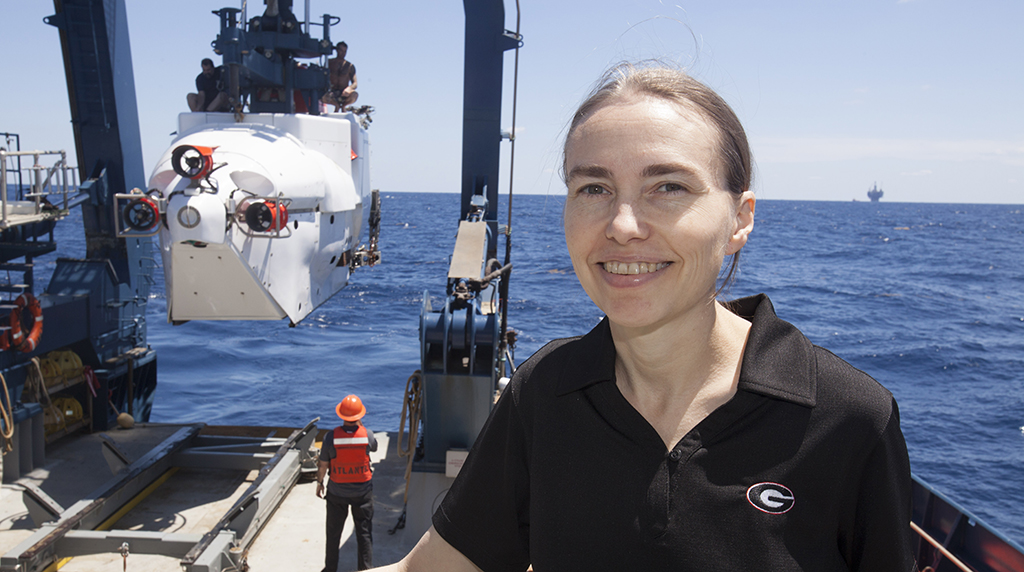
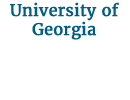
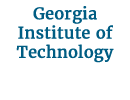
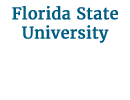
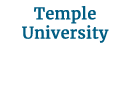

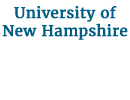
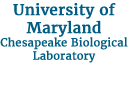
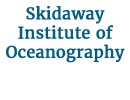

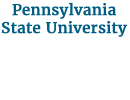
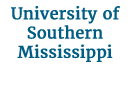
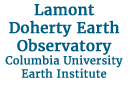
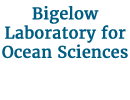
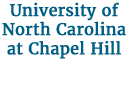


 back to top
back to top